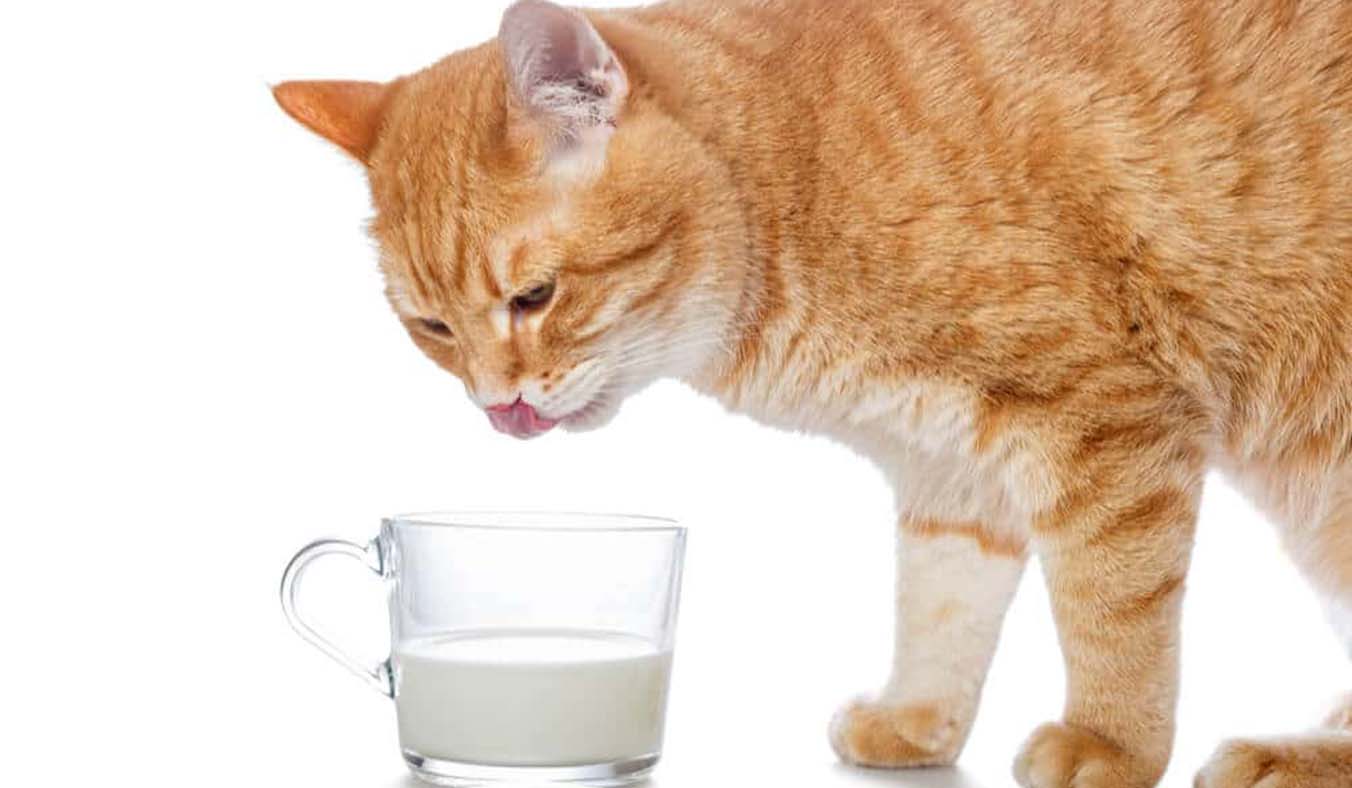Delving into the realm of canine nutrition is essential, particularly when it comes to incorporating fruits into your dog’s diet. W e’ll explore what fruits are safe and beneficial for dogs, as well as those that should be avoided.
Can Dogs Eat Fruit?
The answer is yes, but with some caveats. While fruits can provide valuable nutrients and antioxidants for dogs, not all fruits are suitable for canine consumption. It’s essential to be mindful of which fruits are safe and appropriate for your furry friend’s diet.
Fruits Dogs Can Eat:

When it comes to treating your canine companion to some fruity goodness, there are several safe and nutritious options to consider. Here’s a detailed look at fruits that dogs can enjoy:
- Apples:
Apples are not only delicious but also packed with essential vitamins and fiber. They provide a healthy dose of vitamins A and C, along with dietary fiber to support digestion. However, it’s crucial to remove the seeds and core before offering them to your furry friend to prevent choking hazards and avoid potential cyanide poisoning. - Blueberries:
These tiny powerhouses are a fantastic source of antioxidants, which can help boost your dog’s immune system and promote overall health. Low in calories and high in fiber, blueberries make an excellent snack choice for dogs, especially those watching their weight. Plus, their small size makes them perfect for training treats or as a refreshing addition to your pup’s meal. - Bananas:
Bananas are a favorite among many dogs, thanks to their sweet taste and creamy texture. Rich in potassium, vitamins, and fiber, bananas offer a range of health benefits for your furry friend. They’re gentle on the stomach and easy to digest, making them an ideal choice for dogs with sensitive digestive systems. Just remember to feed them in moderation to avoid overdoing it on the sugar content. - Strawberries:
Bursting with flavor and packed with vitamin C and antioxidants, strawberries are a delightful treat for dogs. These juicy fruits can help support your dog’s immune system and contribute to overall well-being. However, it’s essential to feed them in moderation, as excessive consumption may lead to digestive upset. Remove the green tops and slice the strawberries into smaller pieces to make them easier for your pup to eat. - Watermelon:
Perfect for staying hydrated on hot summer days, watermelon is a refreshing and hydrating treat for dogs. It’s low in calories and packed with water content, making it an excellent choice for dogs looking to quench their thirst without adding extra pounds. Be sure to remove the seeds and rind before serving, as they can pose a choking hazard. Cut the watermelon into bite-sized pieces for your dog to enjoy safely.
By incorporating these safe and nutritious fruits into your dog’s diet, you can treat them to a variety of flavors while providing essential vitamins, minerals, and antioxidants for optimal health and well-being. Just remember to offer them in moderation and remove any potential choking hazards before feeding.
Fruits Dogs Should Avoid:
While many fruits offer health benefits for dogs, there are some that can pose risks to their well-being. Here’s a detailed list of fruits that dogs should avoid:
- Grapes and Raisins:
Grapes and raisins are highly toxic to dogs and can lead to kidney failure, even in small quantities. It’s essential to keep these fruits out of reach of your furry friend at all times, as ingestion can result in severe and potentially life-threatening complications. - Cherries:
While the flesh of cherries is generally safe for dogs to consume in small amounts, it’s crucial to avoid giving them the pits. Cherry pits contain cyanide, a poisonous substance that can be deadly if ingested. Additionally, the pits pose a choking hazard and can cause intestinal blockages. - Citrus Fruits:
Citrus fruits such as oranges, lemons, and limes can cause gastrointestinal upset in dogs due to their high acidity. Consuming these fruits may lead to symptoms like vomiting, diarrhea, and abdominal discomfort. It’s best to avoid feeding citrus fruits to your pup altogether to prevent digestive issues. - Avocado:
While the flesh of avocado is generally safe for dogs to eat in small amounts, other parts of the fruit, including the pit and skin, contain persin, a substance that can be toxic to dogs in large quantities. Ingesting avocado pits or skin may result in gastrointestinal upset, breathing difficulties, and even pancreatitis in some cases.
By being mindful of these fruits to avoid, you can help keep your canine companion safe and healthy. Always supervise your dog around fruits and ensure they have access only to those that are safe for consumption. If you suspect your dog has ingested a toxic fruit or is experiencing any adverse reactions, contact your veterinarian immediately for guidance and assistance.
Tips for Providing Fruits to Dogs:

When it comes to treating your furry friend to some fruity delights, it’s essential to do so safely and responsibly. Here are some tips to ensure a paw-some fruit experience for your dog:
- Moderation is Key:
While fruits offer nutritional benefits, it’s crucial to feed them to your dog in moderation. Too much of a good thing can lead to stomach upset or even weight gain. Limit fruit treats to small portions and consider them as occasional snacks rather than regular meals. - Prepare Fruits Properly:
Before offering fruits to your dog, take the time to prepare them properly. Remove any seeds, pits, cores, or stems, as these parts can pose choking hazards or contain harmful substances. It’s also essential to wash fruits thoroughly to remove any pesticides or residues that may be present. - Introduce New Fruits Gradually:
When introducing new fruits to your dog’s diet, do so gradually. Start with small amounts and monitor your dog for any adverse reactions or digestive upset. Some dogs may have sensitivities or allergies to certain fruits, so it’s essential to proceed with caution. - Consult with Your Veterinarian:
If you’re unsure about whether a particular fruit is safe for your dog, don’t hesitate to consult with your veterinarian. They can provide personalized guidance and recommendations based on your dog’s individual health needs and dietary requirements. Your vet can also advise you on suitable fruit options and help you create a balanced diet plan for your furry friend.
By following these tips, you can ensure that your dog enjoys the benefits of fruits while minimizing any potential risks. With proper preparation and moderation, fruits can be a delicious and nutritious addition to your dog’s diet, keeping them happy, healthy, and tail-waggingly satisfied.
While fruits can offer valuable nutritional benefits for dogs, it’s essential to choose wisely and feed them in moderation. By selecting safe fruits and following proper feeding guidelines, you can provide your canine companion with a healthy and enjoyable treat option. Remember, when in doubt, always consult with your veterinarian for advice tailored to your dog’s specific dietary needs and health status.



